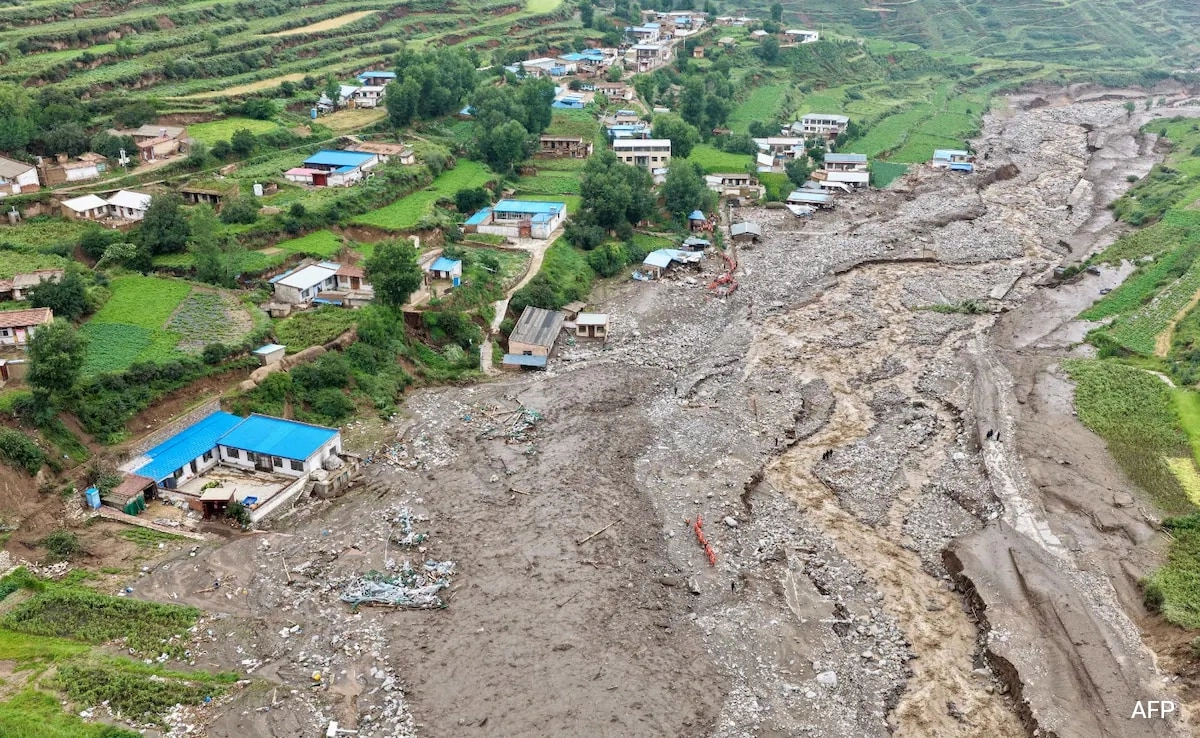In a significant development amidst ongoing peace talks regarding the situation in Gaza, Hamas and Israel have exchanged lists of individuals deemed as hostages and prisoners. This exchange marks a critical step toward a potential swap that could bring relief to families affected by the ongoing conflict. Both parties have been under pressure from international entities and their own citizenry to address the humanitarian crisis exacerbated by the hostilities. The lists include individuals held by both sides, with Hamas seeking the release of Palestinian prisoners in exchange for Israeli hostages captured during recent escalations.
The negotiations surrounding the hostage-prisoner swap are complex and fraught with challenges. Historically, such exchanges have been contentious, often leading to disagreements over the terms and the individuals involved. In this case, the lists exchanged are seen as an initial framework for discussions, but they reflect the deep-seated mistrust that exists between the two sides. The ongoing conflict has left many families in anguish, and the prospect of a successful exchange could provide a glimmer of hope for those longing for the return of their loved ones.
As peace talks continue, various stakeholders are watching closely to see if this exchange can pave the way for a more comprehensive resolution to the violence in the region. The international community has expressed cautious optimism, urging both sides to prioritize humanitarian considerations in their negotiations. While the situation remains precarious, the exchange of lists signifies a willingness from both Hamas and Israel to engage in dialogue, potentially setting the stage for further discussions that could lead to a lasting peace agreement. The outcome of these negotiations will likely have far-reaching implications for the future of Gaza and its people, as well as for the broader Israeli-Palestinian conflict.




